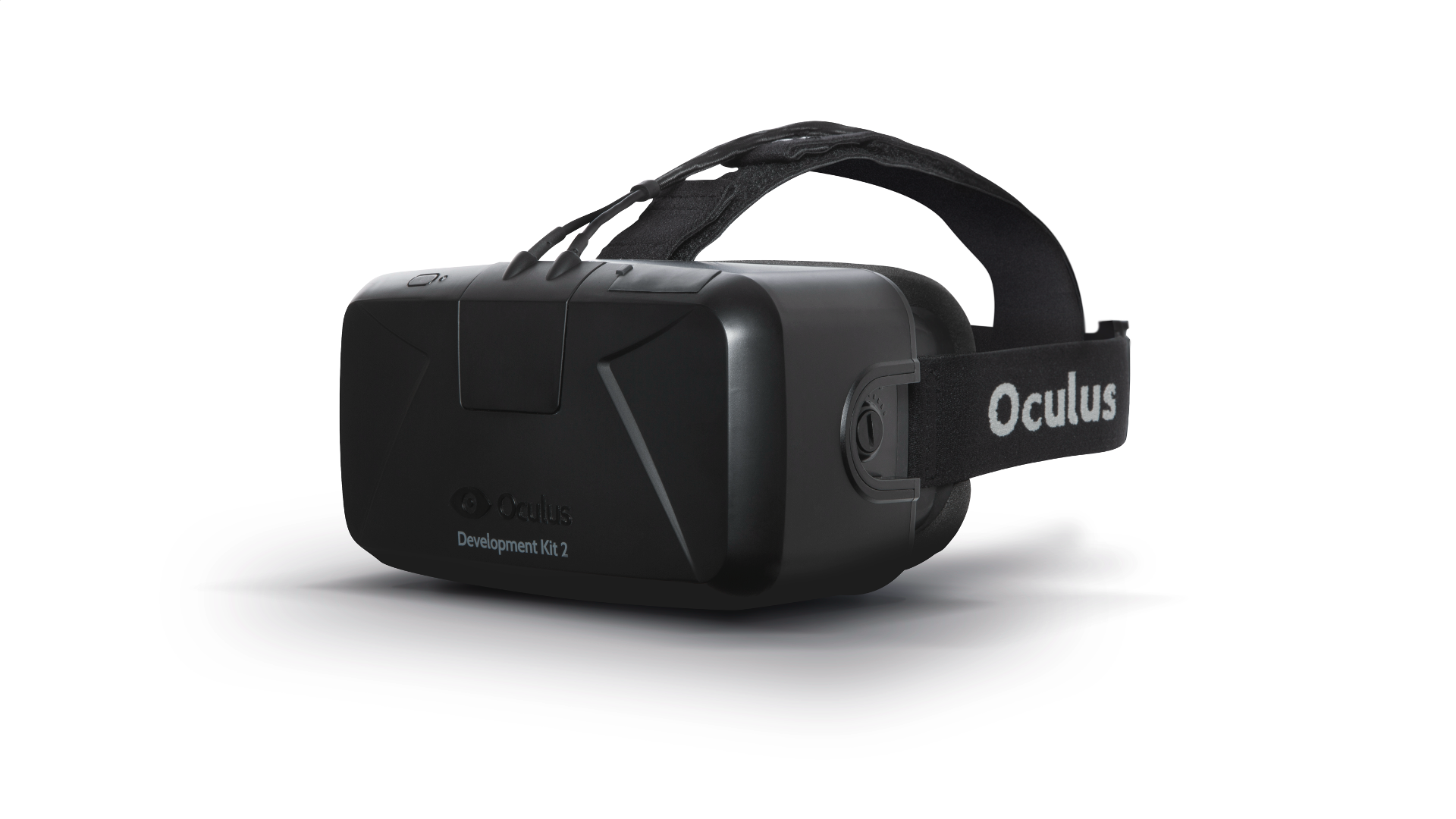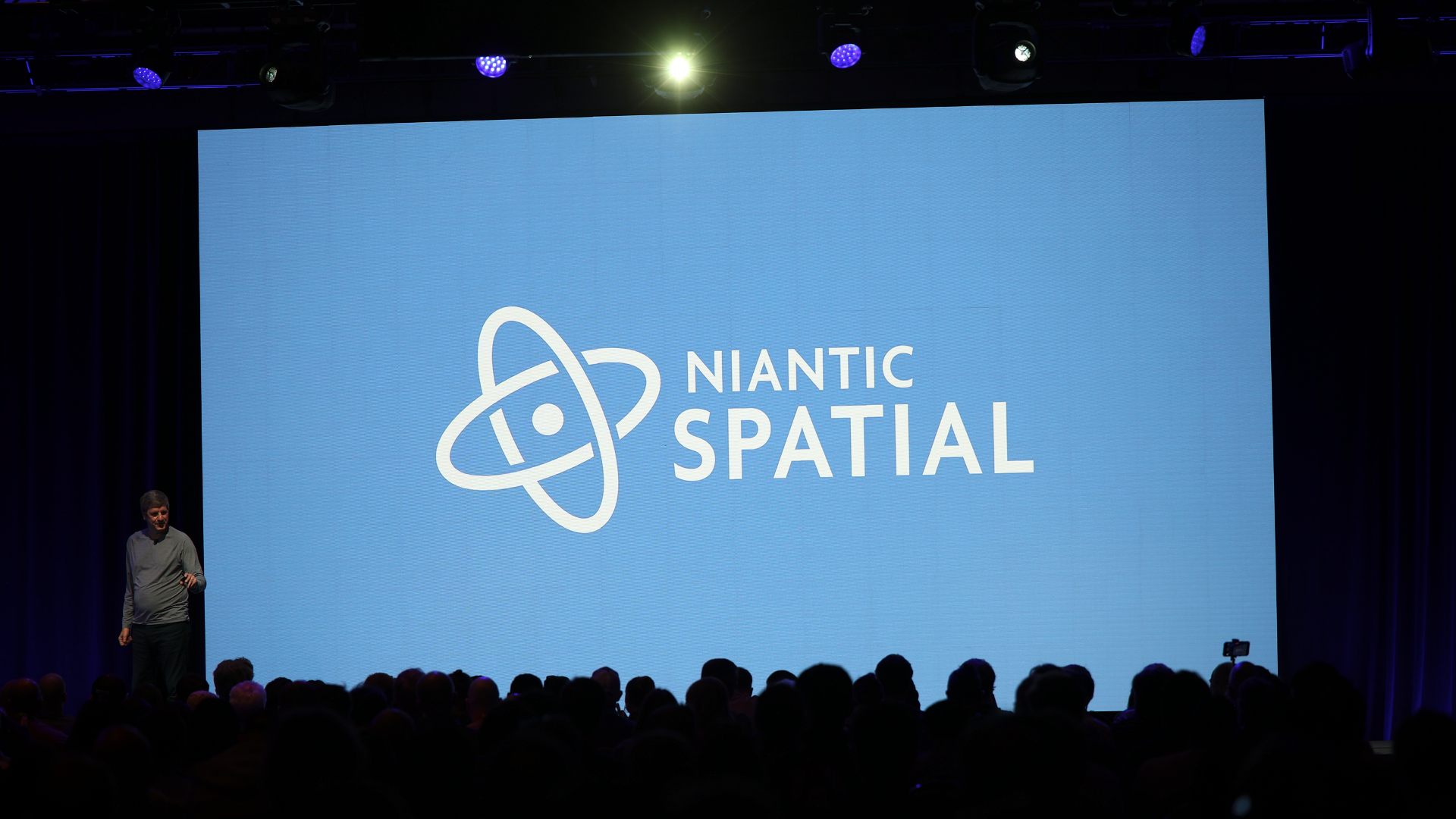Welcome back to AWE Talks, our series that revisits the best of AWE’s conference sessions. With AWE USA 2024 recently concluded, we have a fresh batch of footage to keep us busy for weeks to come.
We continue the action this week with two seasoned XR investors: Ryan Wang and Tipatat Chennavasin. What have been their biggest lessons over the past decade? What assumptions did they get right... and wrong?
See the summarized takeaways below, along with the full session video. Stay tuned for more video highlights each week and check out the full library of AWE USA 2024 sessions on AWE’s YouTube Channel.
Speakers
Ryan Wang, Outpost Capital
Tipatat Chennavasin, the Venture Reality Fund
Key Takeaways & Analysis
– Many XR investors got burned in the past decade, so those with positive returns are worth listening to.
– Example: Venture Reality Fund's Tipatat Chennavasin invested in Owlechemy Labs and Beat Games.
– Both exited to Google and Meta, respectively.
– His portfolio now stands at about 55 companies with a 60/40 mix of enterprise/consumer focus.
– But more notable is that the fund vetted about 9,000 companies over the past decade.
– Ryan Wang's Outpost Capital likewise had a seasoned journey over the past decade.
– His portfolio includes Upload, the Wave, and Fable Studios.
– So what are their insights from those endeavors and what are the biggest lessons they learned?
– When looking back at their assumptions and theses, they got some things right and some things wrong.
– Some XR use cases and areas of development have been faster than expected, and others slower.
– On the slower side was VR storytelling and cinematic production of immersive narratives.
– By comparison, VR gaming has been a successful sub-sector, but photorealistic/cinematic content hasn't.
– The reason it has been slow is friction in getting an entire industry to shift entrenched production habits.
– The lesson: Disruption can be slowed by entrenched systems and interests, even if the tech is compelling
– Beyond entrenched production systems, the quality wasn't there in early days for high-fidelity cinematic content.
– One looming questoin is if that changes now with higher-quality experiences on the likes of Apple Vision Pro.
– Could this attract creators, now that higher-quality work is possible, and will users likewise gravitate?
– Another key lesson is that the best bets are in smaller production entities, such as startup game studios.
– Compared to AAA game companies, the smaller players can take risks and aim for smaller VR markets.
– They can also develop with a native sensibility, rather than porting over PC games to VR.
"That's been one of the most interesting and gratifying things to see in terms of what succeeds," said Chennavasian. "It validates that this is truly a new platform, not just an extension of existing platforms."
Speakers
Ryan Wang, Outpost Capital
Tipatat Chennavasin, the Venture Reality Fund
Key Takeaways & Analysis
– Many XR investors got burned in the past decade, so those with positive returns are worth listening to.
– Example: Venture Reality Fund's Tipatat Chennavasin invested in Owlechemy Labs and Beat Games.
– Both exited to Google and Meta, respectively.
– His portfolio now stands at about 55 companies with a 60/40 mix of enterprise/consumer focus.
– But more notable is that the fund vetted about 9,000 companies over the past decade.
– Ryan Wang's Outpost Capital likewise had a seasoned journey over the past decade.
– His portfolio includes Upload, the Wave, and Fable Studios.
– So what are their insights from those endeavors and what are the biggest lessons they learned?
– When looking back at their assumptions and theses, they got some things right and some things wrong.
– Some XR use cases and areas of development have been faster than expected, and others slower.
– On the slower side was VR storytelling and cinematic production of immersive narratives.
– By comparison, VR gaming has been a successful sub-sector, but photorealistic/cinematic content hasn't.
– The reason it has been slow is friction in getting an entire industry to shift entrenched production habits.
– The lesson: Disruption can be slowed by entrenched systems and interests, even if the tech is compelling
– Beyond entrenched production systems, the quality wasn't there in early days for high-fidelity cinematic content.
– One looming questoin is if that changes now with higher-quality experiences on the likes of Apple Vision Pro.
– Could this attract creators, now that higher-quality work is possible, and will users likewise gravitate?
– Another key lesson is that the best bets are in smaller production entities, such as startup game studios.
– Compared to AAA game companies, the smaller players can take risks and aim for smaller VR markets.
– They can also develop with a native sensibility, rather than porting over PC games to VR.
"That's been one of the most interesting and gratifying things to see in terms of what succeeds," said Chennavasian. "It validates that this is truly a new platform, not just an extension of existing platforms."
For more color, see the full video below...
Want more XR insights and multimedia? ARtillery Intelligence offers an indexed and searchable library of XR intelligence known as ARtillery Pro. See more here.



